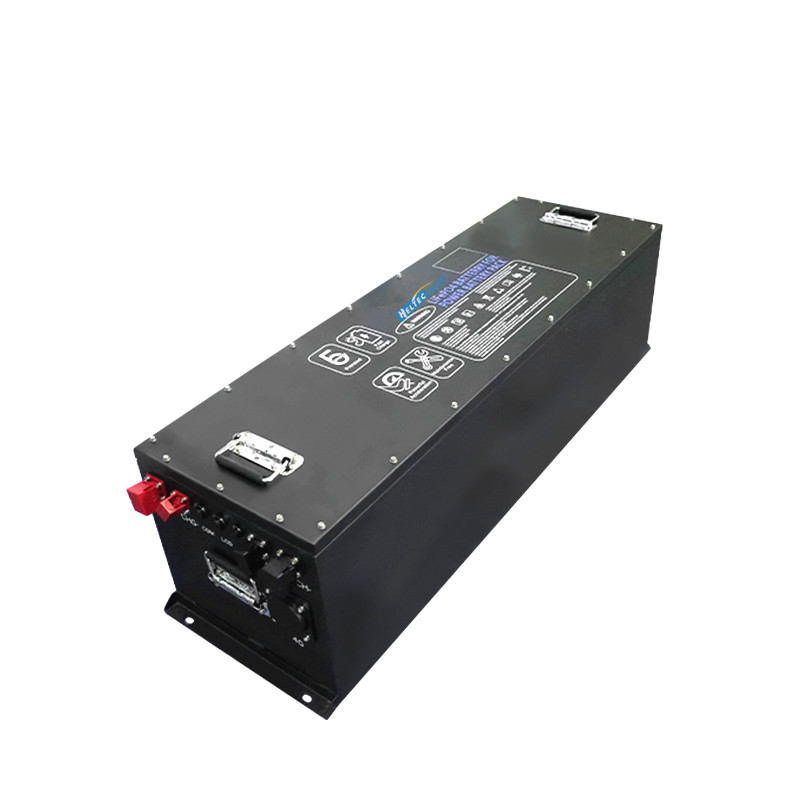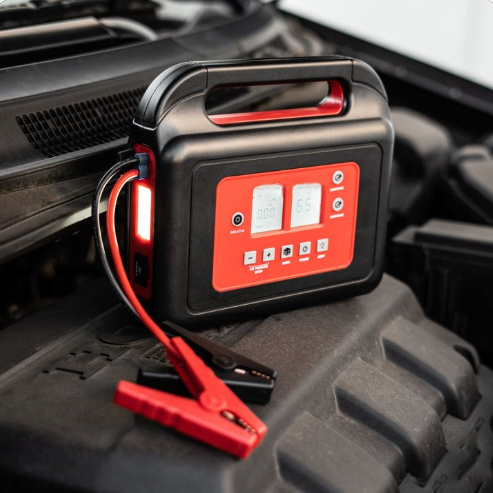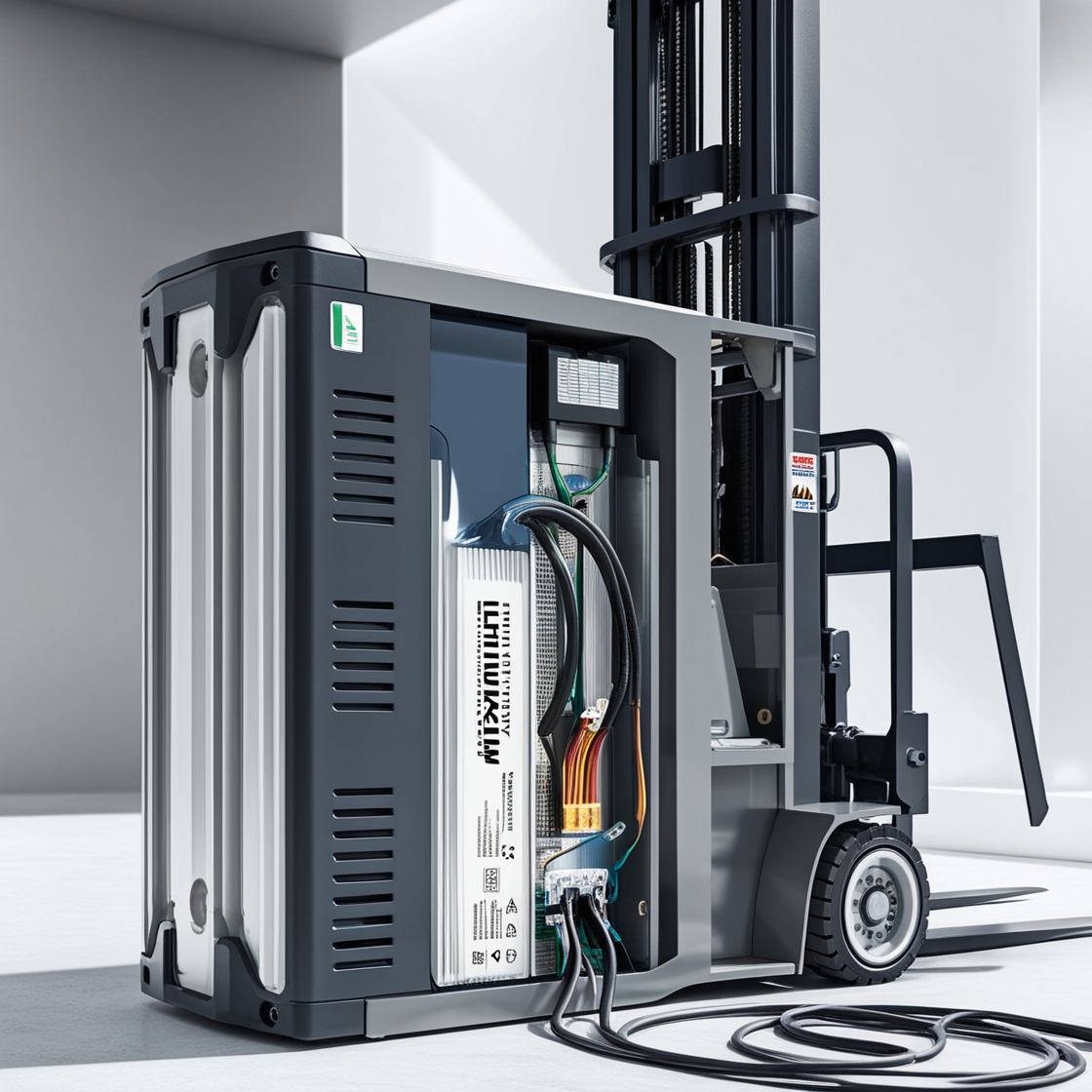Introduction:
Lithium batteries have become an integral part of our daily lives, powering everything from smartphones and laptops to electric vehicles and energy storage systems. Their high energy density, long lifespan, and lightweight nature make them a popular choice for portable electronic devices and renewable energy applications. However, one crucial aspect of using lithium batteries is the need for a different charger compared to other types of batteries. In this article, we will explore the reasons behind this requirement and the importance of using a specific charger for lithium batteries.


Reasons:
Lithium batteries are a type of rechargeable battery that utilizes lithium ions as the primary component of its electrochemical reaction. Unlike traditional lead-acid or nickel-cadmium batteries, lithium batteries operate at higher voltages and have specific charging and discharging characteristics. As a result, using a generic charger designed for other types of batteries can lead to several issues and potential safety hazards.
One of the primary reasons why lithium batteries need a different charger is their sensitivity to overcharging. Unlike some other types of batteries, lithium batteries can be damaged or even pose a safety risk if they are overcharged. This is due to the chemical composition of lithium-ion cells, which can become unstable and potentially lead to thermal runaway if subjected to excessive charging voltages.
Therefore, a dedicated lithium battery charger is designed to monitor and control the charging process to prevent overcharging and ensure the safety of the battery.
Furthermore, lithium batteries have specific voltage and current requirements for charging, which differ from those of other battery chemistries. Using a charger that does not meet these requirements can result in inefficient charging, reduced battery lifespan, and potential damage to the battery cells. A dedicated lithium battery charger is designed to deliver the precise voltage and current levels needed for optimal charging, ensuring that the battery is charged efficiently and safely.

Another crucial aspect of lithium battery charging is the need for balancing individual cells within the battery pack. Lithium battery packs consist of multiple cells connected in series and parallel configurations to achieve the desired voltage and capacity. During the charging process, it is essential to balance the voltage and state of charge of each individual cell to prevent overcharging or undercharging of specific cells, which can lead to performance degradation and safety risks. A dedicated lithium battery charger incorporates balancing circuitry to ensure that each cell within the battery pack is charged and discharged evenly, maximizing the overall performance and lifespan of the battery.
In addition to the technical considerations, the chemistry of lithium batteries also plays a significant role in the need for a different charger. Lithium-ion cells have a different charge-discharge curve compared to other battery chemistries, requiring a more sophisticated charging algorithm to optimize the charging process. A dedicated lithium battery charger is equipped with advanced charging algorithms and monitoring systems to adapt to the specific characteristics of lithium-ion cells, ensuring that the battery is charged in a manner that maximizes its performance and longevity.
The safety of lithium battery charging cannot be overstated. Lithium batteries have a higher energy density and are more prone to thermal runaway and other safety issues if not charged properly. A dedicated lithium battery charger incorporates safety features such as overvoltage protection, overcurrent protection, and temperature monitoring to prevent potential hazards during the charging process. These safety mechanisms are essential for mitigating the risks associated with lithium battery charging and ensuring the overall safety of the charging process.
Conclusion
In conclusion, the unique characteristics and chemistry of lithium batteries necessitate the use of a different charger compared to other types of batteries. A dedicated lithium battery charger is designed to address the specific charging requirements, safety considerations, and performance optimization needs of lithium-ion cells. By using a specific charger tailored to lithium batteries, users can ensure the efficient and safe charging of their batteries, ultimately maximizing their lifespan and performance. As the demand for lithium batteries continues to grow across various industries, understanding the importance of using a different charger for lithium batteries is crucial for promoting safe and effective battery usage.
If you have any questions or would like to learn more, please don't hesitate to reach out to us.
Request for Quotation:
Jacqueline: jacqueline@heltec-energy.com / +86 185 8375 6538
Sucre: sucre@heltec-bms.com / +86 136 8844 2313
Nancy: nancy@heltec-energy.com / +86 184 8223 7713
Post time: Aug-05-2024
